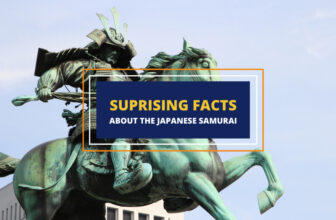
Table of Contents
People often cite the ancient Greeks as the original inventors of democracy and the United States as the modern-day country that re-established and perfected the system. But how correct is this view?
What is the proper way to look at democracies and the electoral process in general and how did they progress through history?
In this article, we’ll take a quick look at the history of elections and how the process has evolved over the centuries.
The Electoral Process
When talking about elections, the conversation often leads to democracies – the political system of people electing their own representatives in the government instead of the said government being led by a monarch, an authoritarian dictator, or stooges propped up by oligarchs.
Of course, the concept of elections extends beyond democracy.
An electoral process can be applied to many smaller systems such as unions, smaller societal groups, non-government organizations, and even a family unit where certain decisions can be put up to a vote.
Yet, focusing on democracy as a whole is only natural when talking about the history of elections as that’s what people talk about when discussing the concept of elections.
So, what is the history of democracies and the electoral process that makes them tick?
Where Does Western Democracy Come From?
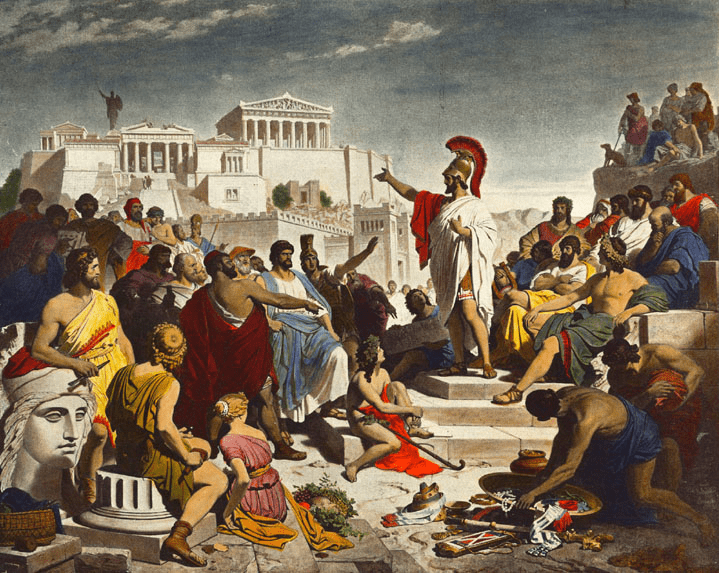
The most common notion people have is that modern Western democracies were built upon the model created by the Ancient Greek city-states and the Roman Republic that came after them. And that is true – no other ancient culture that we know of had developed a democratic system quite like the Greeks.
That’s why even the word democracy has a Greek origin and comes from the Greek words demos or the people and kratia, i.e. power or rule. Democracy literally gives power to the people by allowing them to elect their governments.
That isn’t to say that the concept of democracy was unheard of before ancient Greece. As we mentioned, the concept of an electoral process exists outside of larger political structures.
So, while the Greeks were the first to systemize the electoral process into a functional governmental system, anthropologists believe that this same process can be traced all the way back to the hunter-gatherer days of human civilization. To the days before humanity even had a civilization.
Democracy Before Human Civilization?
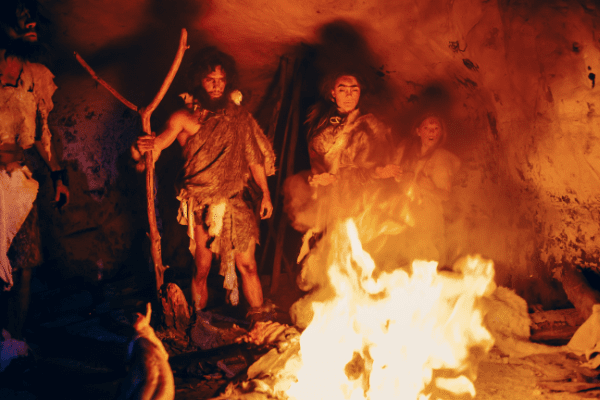
This can feel paradoxical at first. Isn’t democracy one of the highest achievements of a civilized society?
It is, but it’s also the basic state of being for any smaller or larger group of people. For the longest time people looked at societal order as inherently authoritarian – there must always be someone at the top. Even in the most primitive societies, there’s always a “chief” or an “alpha”, usually achieving this position through brute force.
And while it’s true that a hierarchy of some kind is almost always present, even in a democracy, this doesn’t mean that an electoral process can’t be a part of such a system. According to anthropologists, there are forms of proto democracies that existed in almost every hunter-gatherer tribe and society prior to the rise of larger, sedentary and agrarian societies.
Many of these prehistoric societies are said to have been matriarchal and not very large, often only numbering up to around a hundred people. Whether they were run by a single matriarch or by a council of elders, however, anthropologists agree that most of the decisions in these societies were still put up to a vote.
In other words, this form of tribalism is classified as a primitive democracy of sorts.
This electoral system allowed the various tribes to function as cohesive units where everyone could have their voice heard and their needs addressed.
And, indeed, many of the more primitive societies that were discovered in the last few centuries by European settlers or even in the last few decades, all seem to be governed by this form of electoral tribalism.
The Need for A New Process
In many areas of the ancient world, however, such primitive democratic systems began falling to the wayside with the rise of agriculture and the larger towns and cities it enabled. All of a sudden, the effective electoral system became too clumsy for societies that reached hundreds, thousands, and even millions of people.
Instead, authoritarianism became the rule of the land as it allowed for a more direct and expedient singular vision to be applied to a large population, as long as the authoritarian had the military strength to support their rule.
Simply put, ancient societies didn’t know how to organize a democratic electoral process on a mass scale yet, as that’s something that required resources, time, organization, an educated populous, and socio-political will.
Some trial and error would also prove necessary which is why most ancient societies descended into authoritarianism – it was just the quickest way to go about it.
Democracy and the Greeks
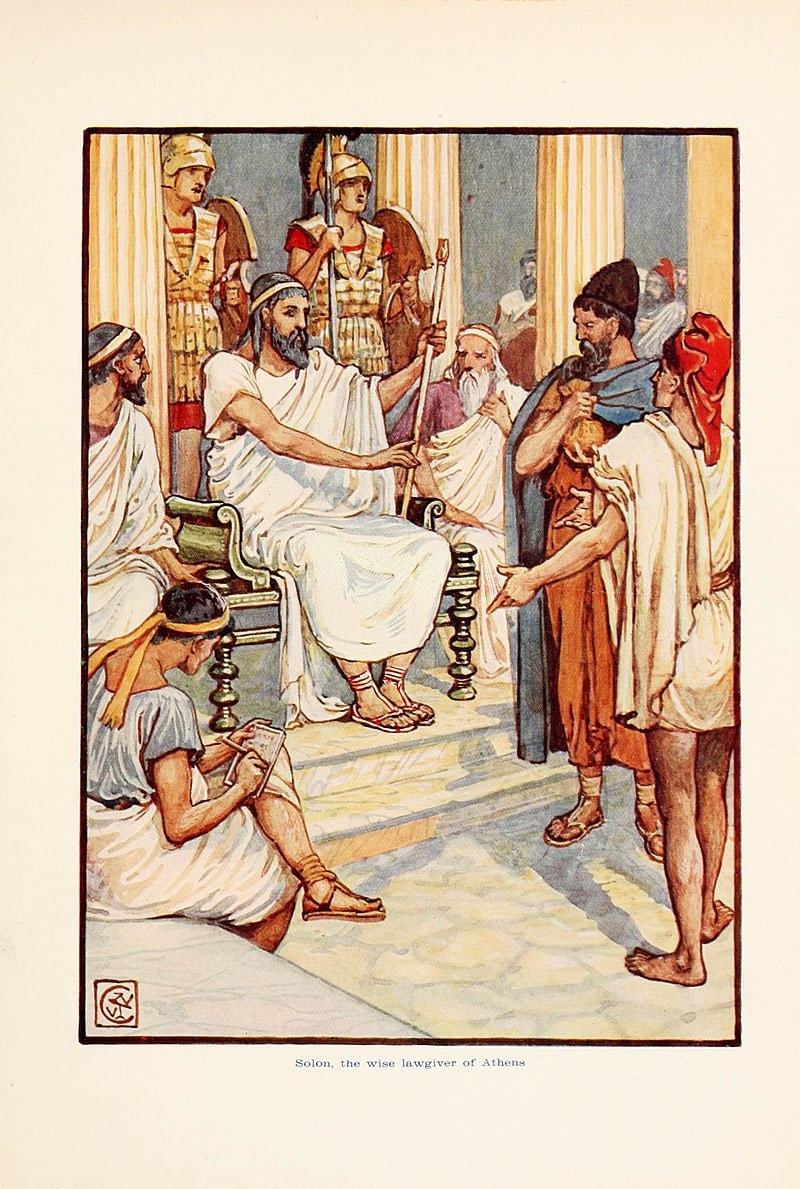
So, how did the ancient Greeks pull democracy off? They had access to all of the above. The Greeks were one of the first settlers of Europe, second only to the Thracians that had moved to the Balkans from the Anatolia peninsula or Asia Minor. The Thracians had left the southern parts of the Balkans – or today’s Greece – largely unoccupied in favor of the more fertile lands west of the Black Sea.
This allowed the Greeks to settle in the more secluded and isolated parts of the Balkans, on a coastline that was both still fruitful enough to support life and offered unbounded trade opportunities.
So, it wasn’t long before the life standard of the ancient Greeks boomed, the research and knowledge in art, sciences, and education quickly followed, all the while people were still living in relatively manageable small or medium-sized city-states.
In essence – and not to take anything away from the ancient Greeks’ accomplishments – the circumstances were more or less ideal for the development of the basis of democracy.
And, a few quick centuries later, the Roman monarchy was overthrown, and the Romans decided to replicate the Greek model and establish their own democracy in the form of the Roman Republic.
The Downsides of Ancient Democracy
Of course, it ought to be said that neither of these two ancient democratic systems was especially refined or “fair” by today’s standards. Voting was restricted mostly to the native, male, and land-owning population, while women, foreigners, and slaves were kept away from the electoral process. Not to mention that those aforementioned slaves were a key aspect of how both societies were able to create the powerful economies that then fueled their culture and high education standards.
So, if democracy was so successful in both Greece and Rome, why didn’t it spread elsewhere throughout the ancient world? Well, again – for the same reasons we outlined above. Most peoples and societies simply didn’t have the right means to effectively establish and run even a basic electoral process on a large enough scale let alone a functional democracy.
Were There Democracies in Other Ancient Societies?
That being said, there is historical evidence that democracies of sorts were indeed established briefly in other ancient societies.
Some of the earlier civilizations in the Near East and Northern Egypt were said to have briefly had semi-successful democratic attempts. This was likely the case with pre-Babylonian Mesopotamia.
Phoenicia, on the eastern bank of the Mediterannean, also had the practice of “governing by assembly”. There are also the Sanghas and Ganas in ancient India – prehistoric “republics” of sorts that existed between the 6th and 4th centuries BCE. The issue with such examples is mostly that there isn’t much written evidence about them to go on, as well as the fact that they didn’t survive very long.
In fact, even Rome eventually switched back to authoritarianism when Julius Caesar usurped power and transformed the Roman Republic into the Roman Empire – the Greek city-states were just a part of the Empire at that point, so they weren’t left with much say in the matter.
And, from there, the Roman Empire continued on to be one of the largest and longest-lasting empires in the world, existing until the fall of Constantinople to the Ottomans in 1453 AD.
In a way, we can look at the Greko-Roman democracies not so much as the beginning of electoral systems of government but more as a foray into democracy. A quick and educational attempt that’d need about two thousand years more to become viable on a larger scale.
Democracy as a Governmental System
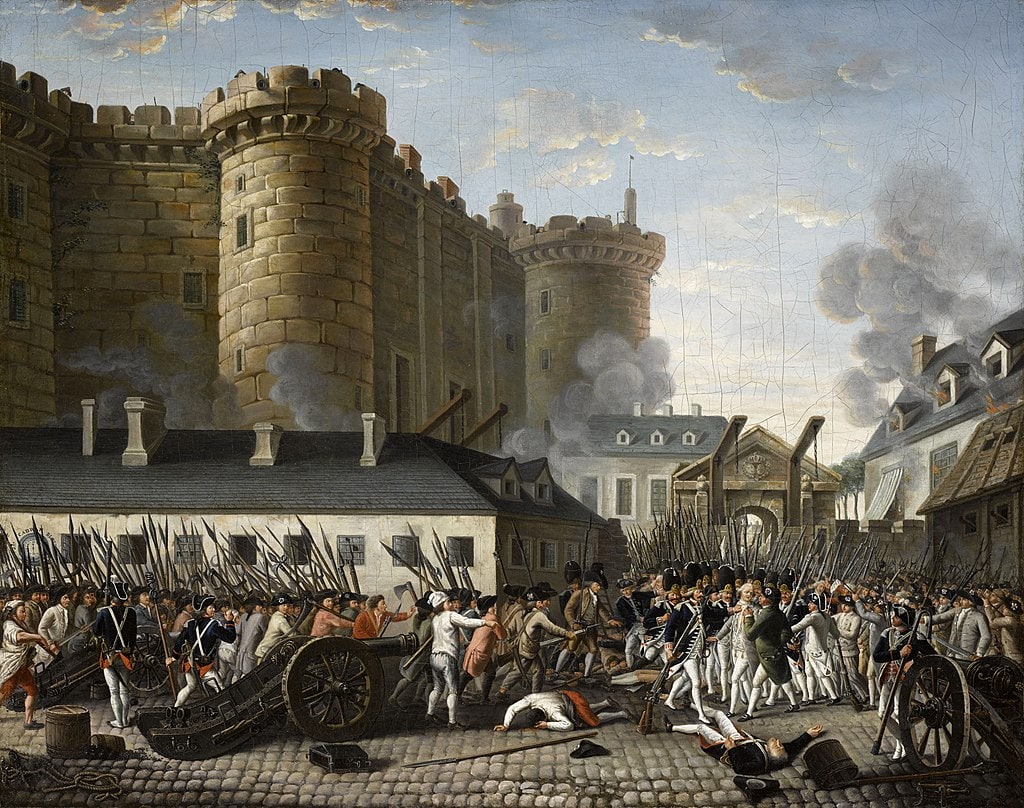
Democracy as a viable governmental system came into existence in Europe and North America in the 17th and 18th centuries. The process wasn’t sudden, even if we often like to point to events like the French or American revolutions as turning points in history. The circumstances in which those turning points occurred had to slowly form over time.
- The French Revolution took place in 1792, with the first French Republic being founded in that year. Of course, that first French Republic didn’t last very long before the country was turned into an authoritarian empire again.
- Even though it was a monarchy, the British Empire had a parliament since 1215 AD. That parliament was not democratically elected, of course, but instead consisted of the lords, larger estates, and commercial interests in the British Empire. That changed with the Reform Act of 1832, when the British parliament was transitioned into a democratic body of elected representatives. So, in a way, the existence of the original aristocratic parliament aided the formation of the democratic structure Britain knows today.
- The birth of American democracy is often said to coincide with the birth of the country itself – 1776 – the year the Declaration of Independence was signed. However, some historians claim that the true birth of American democracy is September 19, 1796 – the day George Washington signed his farewell address and made the first peaceful transition of power in the country, thus proving it was indeed a stable democratic state.
One by one, many other European countries followed suit after the US, Britain, and France, and after them – other countries across the world. And the rest, as they say, is history.
How Many True Democracies Are There Today?
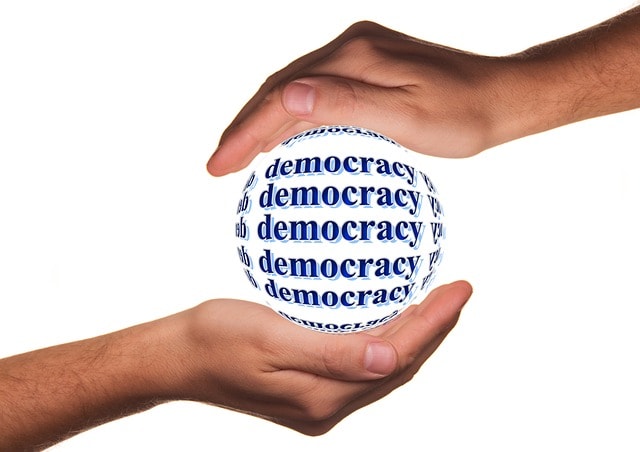
Except, it really isn’t. While many people today, particularly in the West, tend to take democracy for granted, the truth is that there are more undemocratic than democratic countries in the world today.
According to the Democracy Index, as of 2021, there were only 21 “true democracies” in the world, a grand total of 12.6% of all countries on the planet. Another 53 countries were categorized as “flawed democracies”, i.e., countries with systematic electoral and oligarchic corruption problems.
In addition to this, there are 34 countries described as “Hybrid regimes” rather than democracies, and a staggering number of 59 countries living under authoritarian regimes. A couple of those were in Europe, namely Putin’s Russia and Belarus with its self-proclaimed dictator Lukashenko. Even the Old Continent isn’t really fully democratic yet.
When we account for the distribution of the world’s population across all those countries, it turns out that only about 45.7% of the world’s population lives in a democratic country. Most of them are found in Europe, North and South America, as well as Australia and Oceania. The majority of the world’s population is still living under full authoritarian regimes or hybrid regimes, however, and are little more than just illusory forms of democracy.
Wrapping Up
It’s important to note that the history of elections, electoral systems, and democracy as a form of government is far from over.
In fact, we may not even be halfway through it.
It remains to be seen how things will play out in the near future, but we can take solace in the fact that electoral systems seem to be an intrinsic part of human nature. From family units and pre-historic tribalism, through ancient Greece and Rome, to modern times, people have always strived for the representation and freedom of having their voices heard.





